Tag: Josephine Allen
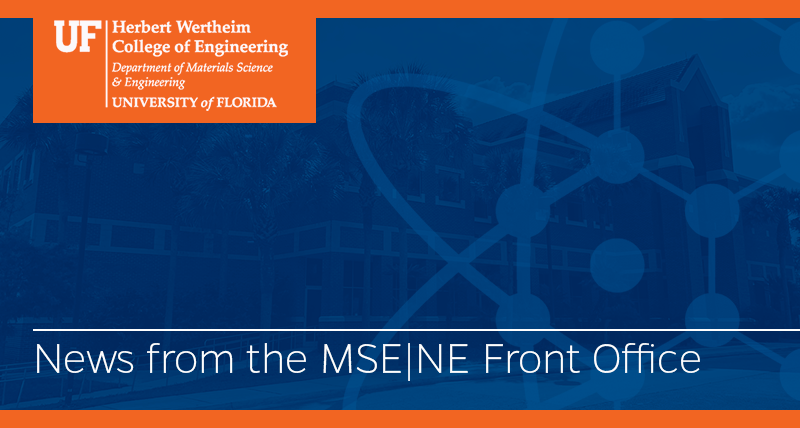
New Leadership, Proven Expertise
December 9, 2024University of Florida’s Department of Materials Science & Engineering welcomes Michael Tonks and Josephine Allen to key leadership roles. We are pleased to announce the appointment of Michael Tonks, Ph.D., as the interim chair of the Department of Materials Science & Engineering (MSE) at UF. Tonks joined the MSE faculty in 2017 and has been […]
Read more »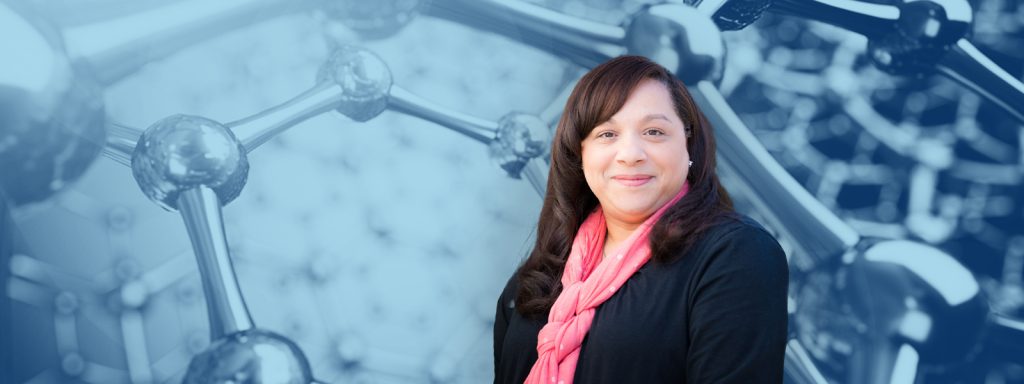
Replicating the Body’s Cellular Network
June 14, 2023Josephine Allen, Ph.D., associate professor and Genzyme Professor of Materials Science & Engineering, has received a National Institutes of Health (NIH) R21 Award to better understand the native behaviors of cells in the human body. Dr. Allen seeks to develop a DNA-based hydrogel platform that recreates the complex network of molecules and proteins that provide […]
Read more »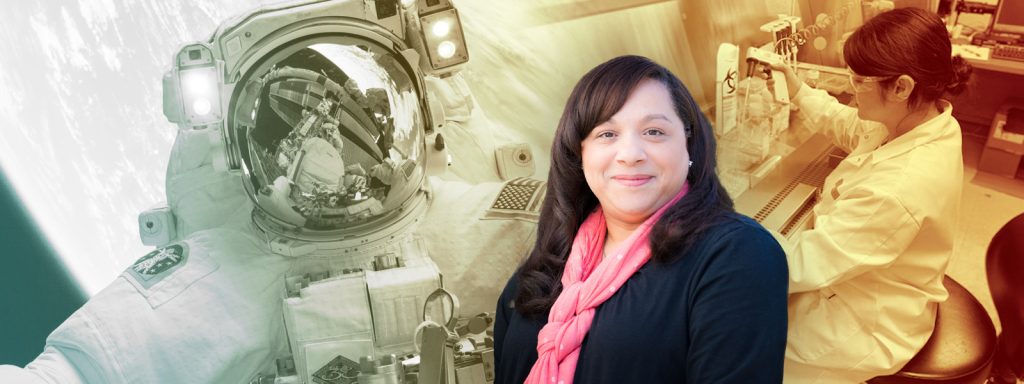
With B-SURE Program, Josephine Allen Looks to Broaden Diversity in Space Health Research
November 8, 2022With its Mars Exploration Program, NASA has set its sights on landing a human on the red planet by the end of the 2030s. While that might seem far away, researchers like Josephine Allen, Ph.D., Genzyme Professor of Materials Science & Engineering and associate professor are already hard at work studying how to protect the astronauts’ […]
Read more »
Special Feature: The Changemakers
December 7, 2021Inequality in science and engineering can have lasting impacts across race, gender and ethnicities that go unnoticed for decades – yet affect treatments and solutions used every day. Now, four faculty members in the Department of Materials Science & Engineering aim to shine a light on some of these knowledge gaps and help rectify the problems they create.
Read more »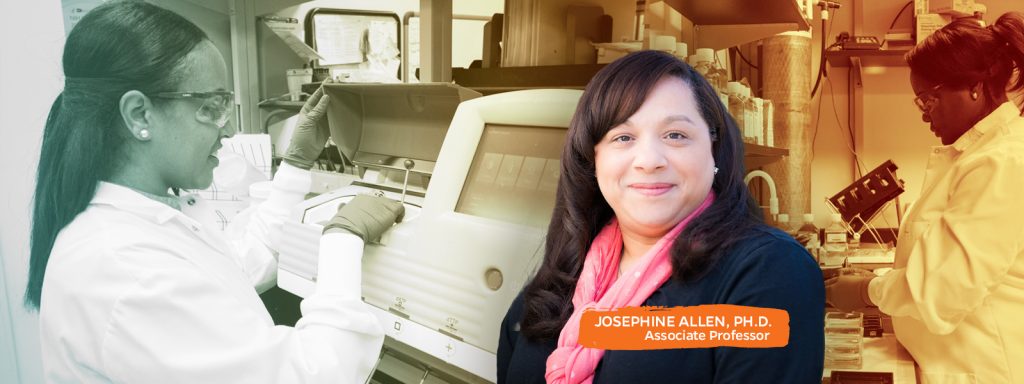
Fighting Racial Inequity by Funding Black Scientists
January 26, 2021Representatives from a network of women deans, chairs and distinguished faculty in biomedical engineering are calling upon the National Institutes of Health and other funding agencies to address disparities in allocating support to Black researchers. The group made the call to action in the Jan. 26, 2021, issue of the journal Cell. In examining the […]
Read more »
With New Study, Allen Makes a Case for Cell Sex Reporting as Industry Standard
November 30, 2020In virtually any type of research, small changes in data can sometimes lead to major changes in results. Josephine Allen, Ph.D., associate professor and Genzyme Professor of Materials Science and Engineering (MSE) at the University of Florida, and her team understand that the sex of the cells she uses in her experiments is more than […]
Read more »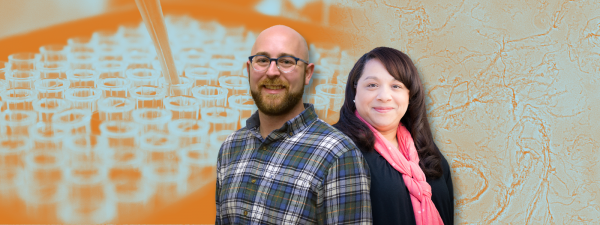
UF MSE Researchers Discover Potential Pathway for Bone Growth
April 9, 2020UF MSE researchers have developed an injectable composite that spontaneously forms into nanofibers resembling the microscopic structure of the human body and could ultimately be custom designed for an infinite number of biomedical applications including connective-tissue repair, drug delivery, wound healing or skin care. The discovery came while evaluating a synthetic polymer substrate as a […]
Read more »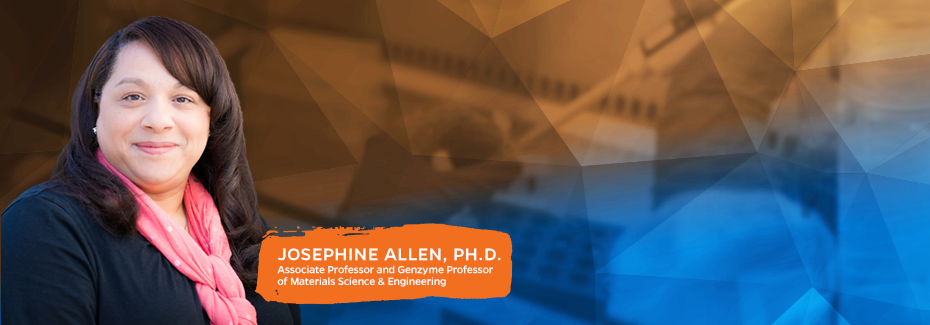
Allen Elected to AIMBE College of Fellows
March 31, 2020Josephine Allen, Ph.D., associate professor and Genzyme Professor of Materials Science and Engineering, was elected to The American Institute for Medical and Biological Engineering (AIMBE) College of Fellows on March 24, 2020. Dr. Allen was recognized for her outstanding contributions in advancing knowledge of adult stem cells for vascular tissue engineering and in cardiovascular disease. […]
Read more »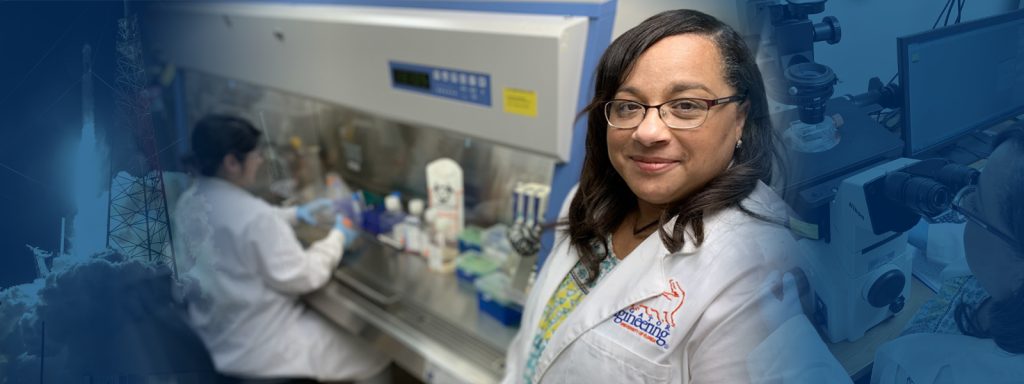
SpaceX CS-17 Proves To Be The Lucky Number for Josephine Allen, Ph.D.
May 30, 2019After nearly two years of preparation and a few scrubbed launches, Josephine Allen, Ph.D., has sent vascular cells into space as part of her research with NASA and CASIS, the Center for the Advancement of Science in Space. “There are no words to describe this day. The cells we isolated, grew, analyzed and prepared are […]
Read more »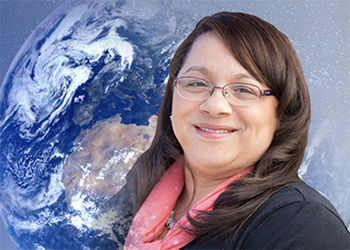
Out of this world: Stem Cell Research Soars into Space
March 20, 2018MSE Professor Dr. Josephine Allen will study the cells back on earth to look for changes as a result of microgravity
Read more »